Baby Acne
 Kade
|
Kade
|
 23 Jul 2025
23 Jul 2025
Baby Acne
Understanding What Baby Acne Is
Baby acne is something a lot of new parents notice and worry about, but the truth is—it’s usually nothing serious. It looks like small red or white bumps on the baby’s cheeks or forehead, sometimes chin too. It might seem like pimples, but it's not the same as what teens or adults deal with.
The cause isn’t dirt or allergy or even poor care. It’s mainly due to hormones—yep, the same hormones from mom that helped the baby grow during pregnancy. These can still linger after birth and can mess around with the baby’s tiny oil glands. That’s when the acne starts showing up.
Some folks think it’s because of the baby products or milk reaction, but most times it just comes and goes on its own. No fancy baby acne treatment is needed in most cases. Just gentle care and patience go a long way.
When and Why Baby Acne Develops
Usually starts somewhere around 2 to 4 weeks after baby is born. It may catch you off guard one morning—you’re looking at your peaceful newborn and bam, little bumps pop up.
It’s mostly the leftover maternal hormones doing this. These hormones overstimulate the baby's oil glands, which are still trying to figure out how to function properly. So when oil starts building up, those red bumps start showing up.
But that’s not all. Things like heat, drool, milk on the face, or even the wrong kind of clothes or detergent can irritate the skin more. That’s why sometimes baby acne can seem worse after feeding or crying spells.
Parents often notice stages of baby acne—mild at first, gets redder, then starts to fade. The good part is, it doesn’t hurt the baby, and they usually don’t even notice it’s there.
Identifying the Signs and Symptoms
It shows up mostly on the cheeks, nose, forehead—sometimes even chest or scalp. The bumps are tiny, red or white, and not painful. If it’s angry-looking, it can scare you, but baby stays calm, so that’s your hint it’s not serious.
You’ve got to watch out for confusing it with other stuff like eczema or heat rash though. Eczema usually causes dry, patchy skin, sometimes itchy. Heat rash looks more like clusters of red dots in warm, sweaty places.
With baby acne, there’s no flaking or itching, just tiny pimples. So when trying to figure out baby acne vs rash, look at the pattern, feel the texture, and check if baby seems bothered. Most times, they don’t even blink.
Safe and Gentle Skincare for Affected Babies
This is where you’ve got to be super careful. Don’t go overboard trying to wash or clean away the acne. Overdoing it actually makes things worse.
Stick to warm water and a super soft cloth—no scrubbing. You can cleanse the face once a day, maybe twice if there’s milk residue or drool. But no soaps unless your doctor tells you. And definitely nothing scented or chemical-heavy.
When drying the skin, pat, don’t rub. Air-drying works best when you’ve got the time. And about clothes—go for soft cotton ones. Keep it loose and breathable. Wash baby clothes with hypoallergenic detergent, unscented types.
If you do want to try something, ask your pediatrician for a mild baby acne cream. But only if the acne is stubborn or lasts too long. Otherwise, most babies just need time.
What Parents Should Avoid Doing
This part’s big. A lot of well-meaning parents go wrong by trying adult methods on baby skin. That never ends well.
Don’t use your face wash, acne gel, or anything with benzoyl peroxide. Sounds obvious, but in panic, people try things they shouldn’t. Baby skin’s not ready for that kind of stuff.
Don’t scrub. Don’t pop. Don’t even keep touching the bumps too much. It’s tempting to try every trick under the sun, but most of those baby acne remedies online are not backed by doctors.
Also—avoid slathering oils or lotions unless they’re doctor-approved. And definitely skip random home tricks unless they’re safe, like breast milk for baby acne (we’ll get to that in a sec).
When to Seek Medical Advice
Usually, baby acne clears up in a few weeks or max couple of months. But if things seem off, don’t hesitate to call your doctor.
If the acne starts looking like it’s oozing pus, turns bright red, spreads fast to the body, or baby seems in pain—something else might be going on. Also, if it lingers beyond 3 months, it could be a more serious condition like infantile acne that needs treatment.
If you’re not sure, it’s always okay to ask. That peace of mind helps you stay calm too. Pediatricians see this all the time. You’re not being overcautious—you’re just being a parent.
Treatment Options and Natural Remedies
In most cases, doctors will tell you to do nothing except gentle care. But if the acne’s bad or sticking around too long, they may suggest a mild baby acne treatment—usually a topical cream made for babies.
But there are also natural things that help. Baby acne breast milk is one of the safest and most talked-about remedies. Just dab a little clean breast milk on the affected area a couple times a day. It’s got antibodies that help reduce inflammation.
Another trick is a warm (not hot) compress. Just soak a clean soft cloth in warm water, wring it out, and hold it gently on the baby’s face for a minute or two. It helps calm the skin.
None of these are magic fixes, but they can help with the stages of baby acne healing. Patience matters more than anything here.
Prevention Tips for Future Breakouts
You can’t always prevent baby acne, but you can definitely reduce flare-ups. First off—keep baby cool and dry. Overheating makes acne worse. So go for breathable clothes, not thick layers unless it’s cold.
Keep the face clean after feedings. Use soft burp cloths and wipe gently after spit-ups. Try not to let milk or drool sit on the skin for too long.
Use simple, fragrance-free baby products. Skip lotions unless needed. And watch the laundry soaps too—go for hypoallergenic detergents to avoid irritating baby’s skin.
Basically, less is more. The more natural and simple your baby care routine is, the happier their skin stays. These little things make a big difference in baby acne self-care.
Long-Term Skin Health and Parental Reassurance
Now for the most important part: don’t stress too much. Baby acne isn’t forever, and it won’t leave scars. Your baby won’t remember it, and neither will you in a few months.
It doesn’t mean your baby will have acne when they grow up. This is just a temporary phase while their skin adjusts to life outside the womb.
At Sanford Pharmacy, we understand how worried parents can get. That’s why we offer gentle, dermatologist-tested products to help parents care for newborn skin with confidence. If you ever feel unsure, speak to your pediatrician or visit Sanford Pharmacy’s online support team.
Your baby is perfect, spots and all. And you’re doing just fine. A little time, a lot of love, and gentle care—that’s all baby acne really needs.
Categories
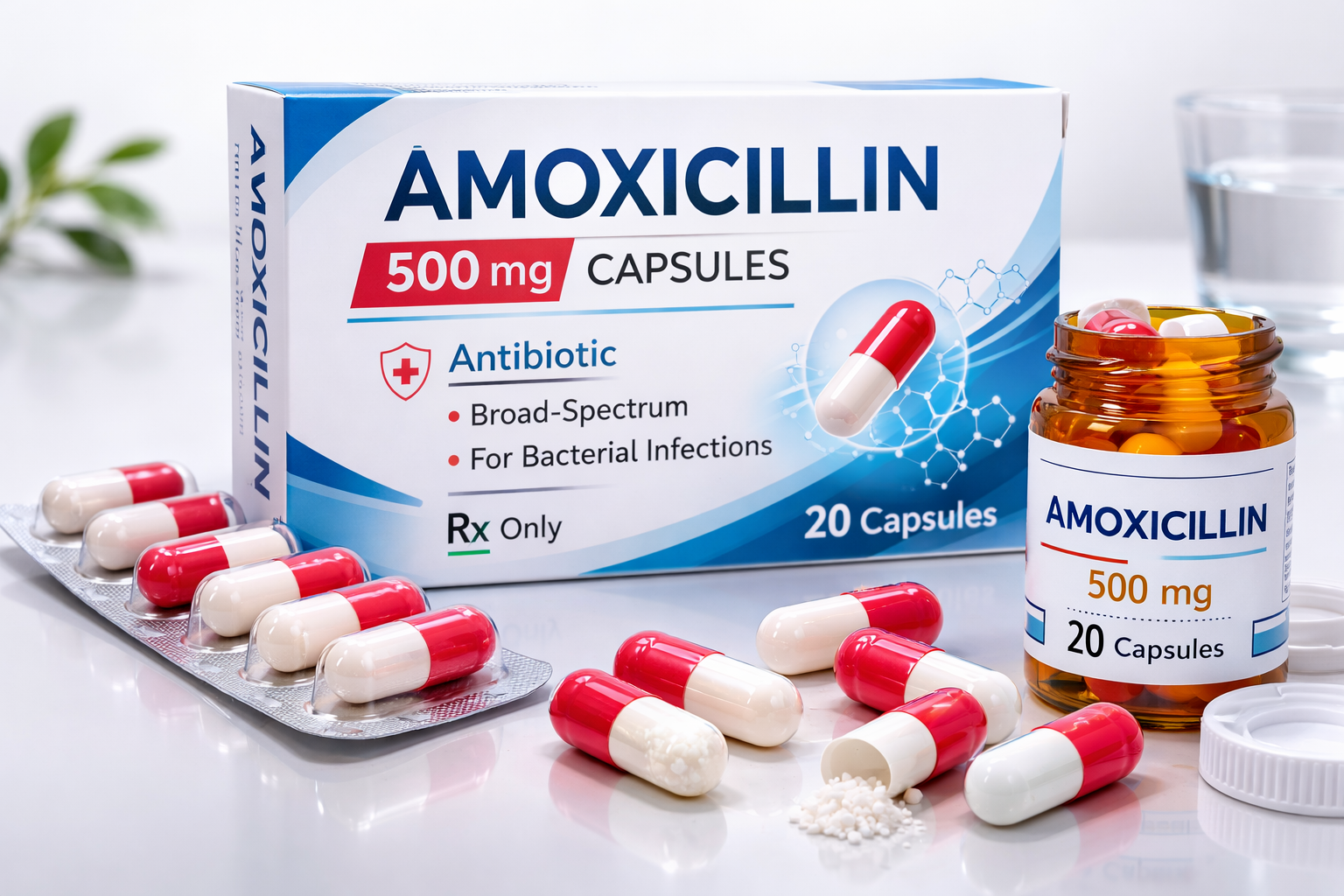
How Long Does Amoxicillin Stay in Your System?
 Graciela
Graciela

Can Newborns Get Infections from Visitors?
 Tobias
Tobias
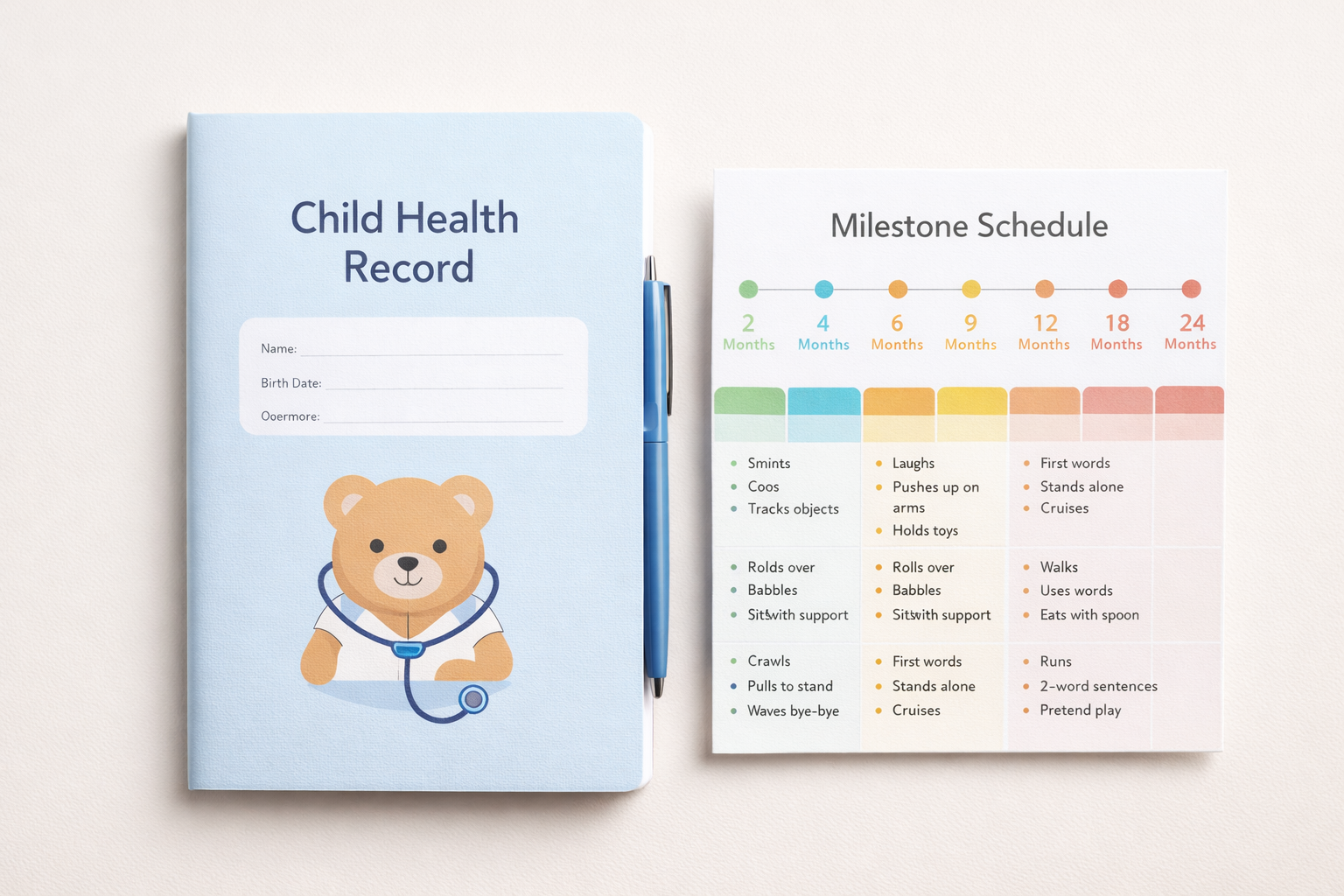
Signs of Developmental Delays in Infants!
 Justice
Justice

What Vaccines Are Required for Toddlers?
 Molly
Molly
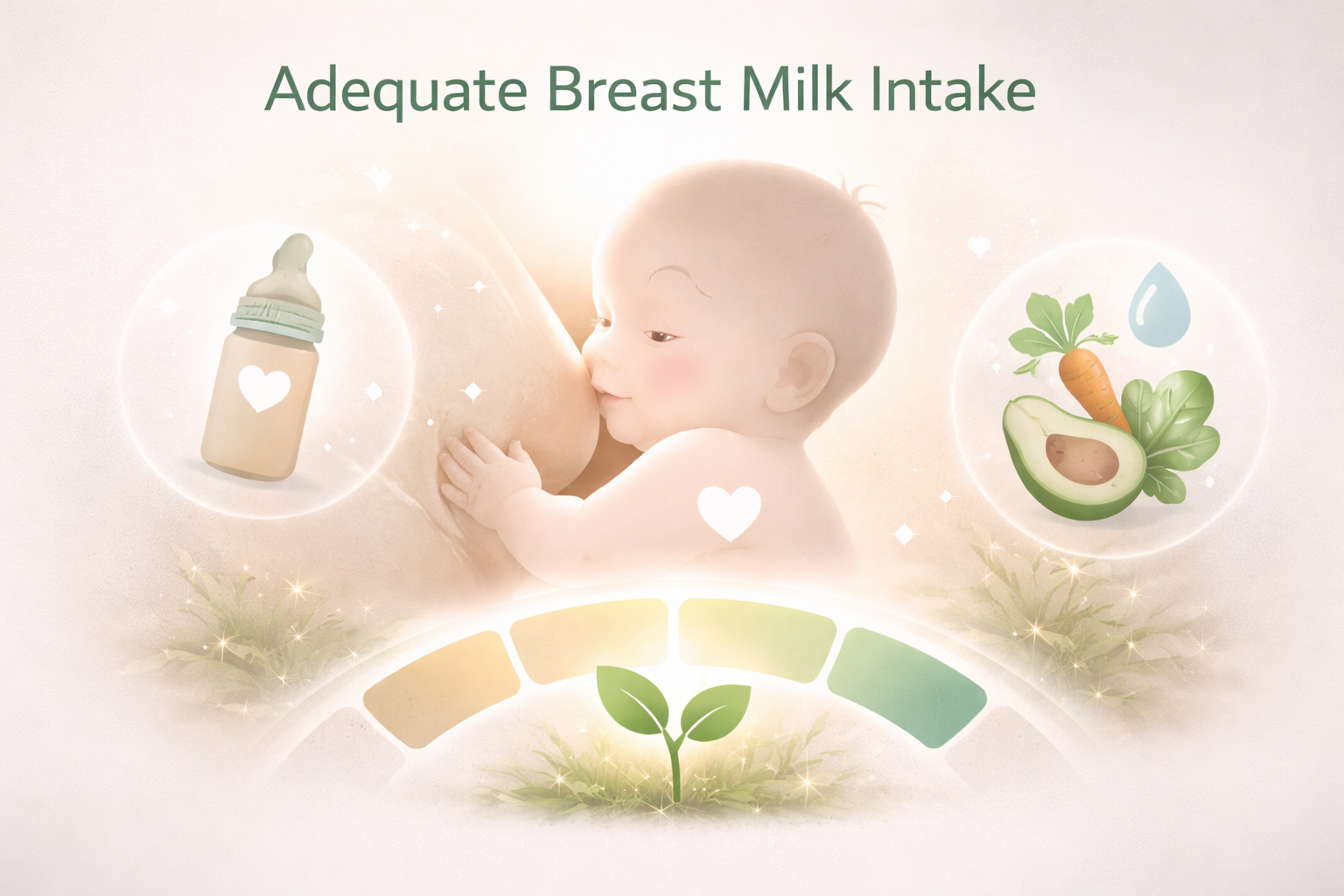
Is Baby Getting Enough Breast Milk?
 Monserrat
Monserrat

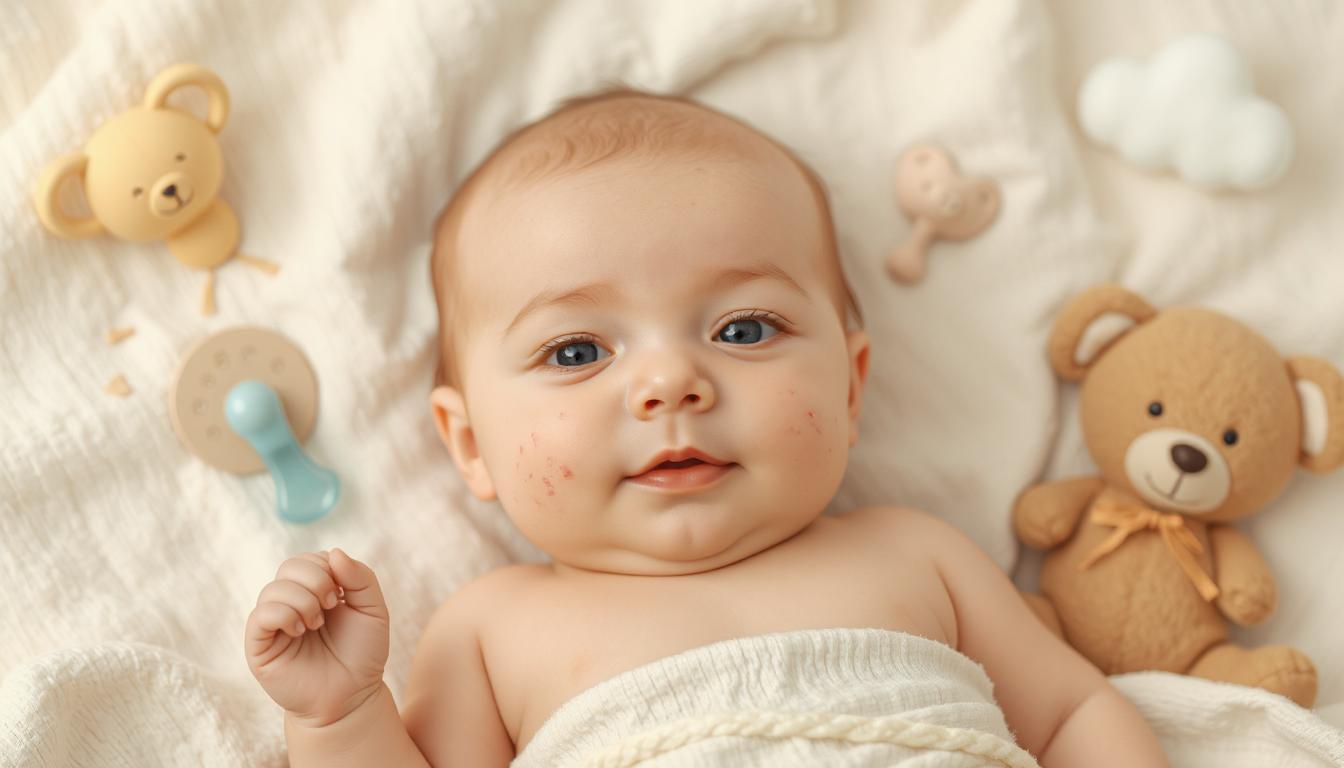
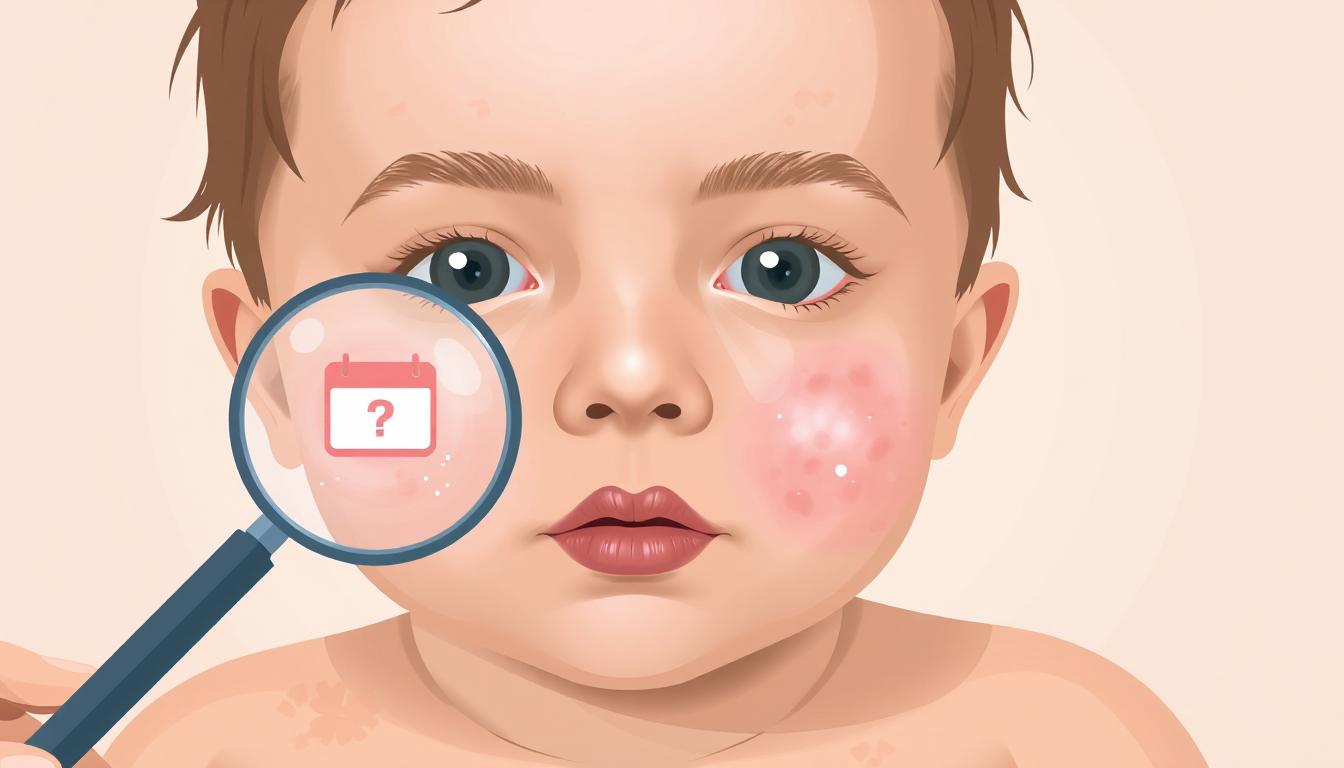







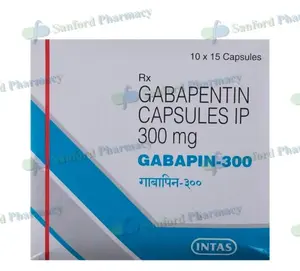
.webp)
.webp)
-(2).webp)
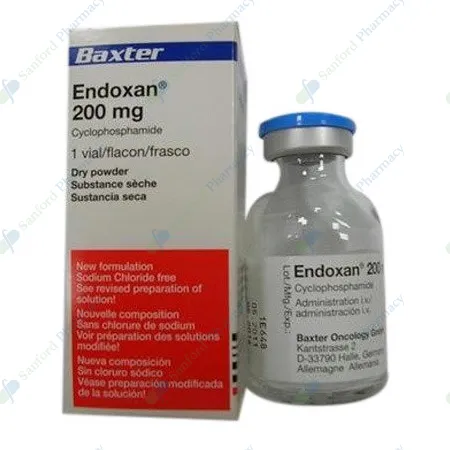
.webp)